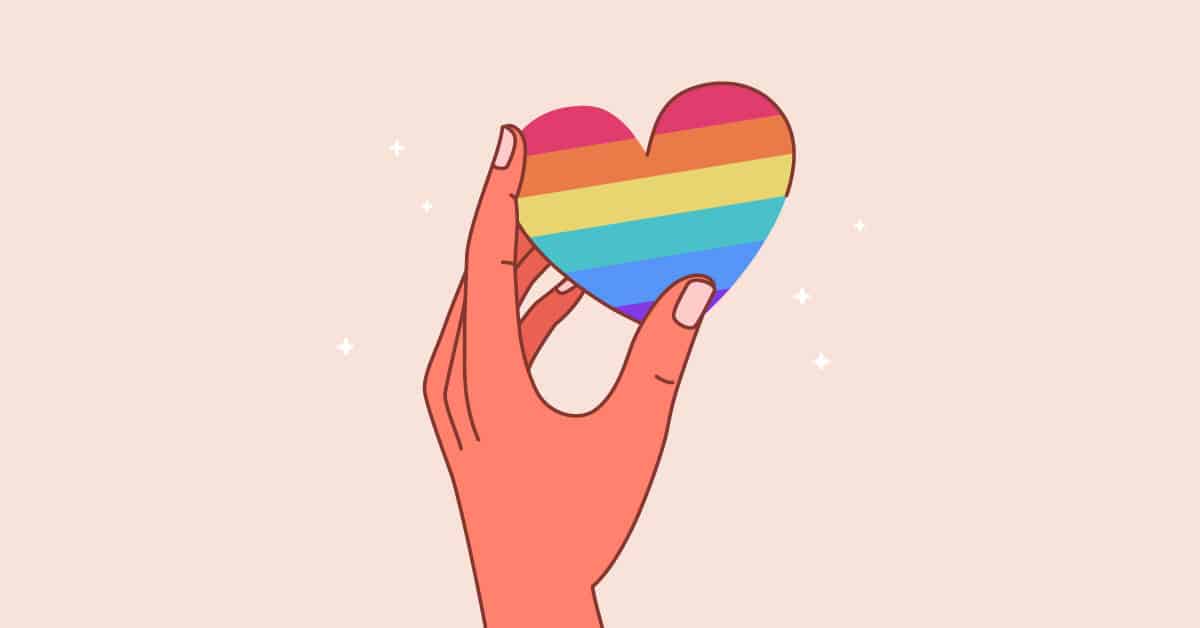Lesbian, Gay, Bisexual, Transgender, and Queer (LGBTQ+) Pride Month is celebrated each June to commemorate the 1969 Stonewall Uprising in Manhattan and celebrate those who have struggled for decades to overcome prejudice and be accepted for who they are. Pride events welcome allies from outside the LGBTQ+ community with opportunities to show support, observe, and listen.
The Lesbian, Gay, Bisexual, Transgender, Queer, Questioning, Intersexed (LGBTQI+) community is a diverse range of identities and expressions of gender and sexual orientation. While belonging to the LGBTQ+ community can be a source of strength, it also brings unique challenges. Members of this community are at a higher risk for experiencing mental wellness conditions — especially depression, anxiety, and suicidality. Many in the LGBTQ+ community face discrimination, prejudice, denial of civil and human rights, harassment, and family rejection, any of which can lead to new or worsened symptoms.
LGBTQ+ and Mental Wellness
LGBTQ+ adults are more than twice as likely as heterosexual adults to experience a mental health condition. Transgender individuals are nearly four times as likely as cisgender individuals (people whose gender identity corresponds with their birth sex) to experience a mental health condition. LGBTQ+ youth also experience greater risk for mental health conditions and suicidality.
LGBTQ Youth and Suicidality
LGBTQ+ youth experience much greater risk for mental health conditions and suicidality.
Suicide is already the 2nd leading cause of death among young people ages 10 to 241 and LGBTQ+ youth seriously contemplate suicide at almost three times the rate of heterosexual youth.2
LGBTQ+ youth are almost five times as likely to have attempted suicide compared to heterosexual youth.2
In a national study, 40% of transgender adults reported having made a suicide attempt. 92% of these individuals reported having attempted suicide before the age of 25.3
Each episode of LGBTQ+ victimization, such as physical or verbal harassment or abuse, increases the likelihood of self-harming behavior by 2.5 times on average.4
Click below to learn more about ketamine therapy for youth suicidality.
Important Risk Factors
Coming Out
Positive shifts in acceptance mean more LGBTQ+ youth are “coming out” or sharing their sexual orientation or gender identity. This can however still prove to be a difficult or even traumatic experience. It can be difficult to cope with rejection from family, close friends, the workplace, or a faith community. This can have negative mental health impacts, particularly for youth who are not in otherwise supportive environments.
Rejection
40% of LGBTQ+ adults have experienced rejection from a family member or a close friend. 86% of LGBTQ+ youth reported being harassed or assaulted at school, which can significantly impact their mental health.
Trauma
Homophobia, biphobia, transphobia, bullying, and gender-based shaming is often traumatic for both young people and adults. The LGBTQ+ community is one of the most targeted communities by perpetrators of hate crimes in the country. Such discrimination can contribute to a significantly heightened risk for Post-Traumatic Stress Disorder among individuals in the LGBTQ+ community compared to those who identify as heterosexual and cisgender.
Click below to learn more about ketamine therapy for PTSD.
Substance Use
Substance Use Disorder can be a coping mechanism or method of self-medication and is a significant concern for members of this community. LGBTQ+ adults are nearly twice as likely as heterosexual adults to experience a substance use disorder. Transgender individuals are almost four times as likely. Illicit drug use is significantly higher in high school-aged youth who identify as LGBTQ+ or are unsure of their identity, compared to their heterosexual peers.
Homelessness
It is estimated that LGBTQ+ youth and young adults have a 120% higher risk of experiencing homelessness — often the result of family rejection or discrimination based on gender identity or sexual orientation. This risk is especially high among black LGBTQ+ youth. Many face the added challenge of finding homeless shelters that will accept them, and experience elevated rates of harassment and abuse in these spaces.
Inadequate Mental Health Care and Treatment
Members of this community may face harassment or a lack of cultural competency from potential mental health care treatment providers. These experiences can lead to a fear of disclosing sexual orientation and/or gender identity due to potential discrimination or provider bias.
How To Find The Right Mental Health Treatment Professionals
(guidelines from NAMI – the National Alliance on Mental Illness)
Step 1:
If you want an individual provider who shares specific parts of their identity with you, you may be able to find out if that provider is LGBTQ+ by reading their profiles or websites.
It may be easier to find a provider or clinic that has a baseline competency in LGBTQ+ issues, rather than one that specializes in LGBTQ+ care. It may not always be necessary for the provider to be specialized in LGBTQ+ issues.
Step 2: Gather Referrals
Website directories and insurance company sites can sometimes help find LGBTQ+ competent providers in your area.
Step 3: Make the Call
Some people find it difficult to make an initial call to a provider. Transgender people, in particular, may feel uncomfortable talking on the phone due to concerns about being misgendered due to their natural voice range. If you’re reluctant to call, ask a friend or family member to call for you.
When making the initial call, you may want to ask the provider then if they have previous experience with LGBTQ+ patients or if they are comfortable working with LGBTQ+ patients. You can wait to ask this during the first appointment or ask right from the start.
Step 4: Ask Questions
Providers should expect and welcome questions from their patients or clients since this helps them better understand what is important in their treatment. In your first visit with a mental health treatment provider, be forthright about the fact that you are looking for an LGBTQ+ competent provider. You should not feel like you need to educate providers about the basic concepts of LGBTQ+ identities.
Step 5: Build a Relationship
If the provider does not have the knowledge or experience that you are looking for, you can move on to the next provider and keep searching.
Remember, you are seeking a person or clinic that is going to help you improve your mental health. By stating your needs and asking the right questions, you can find someone who can mindfully address your identity throughout the duration of your treatment.
Click below to learn more about how to choose the right ketamine clinic.
Ketamine Wellness Centers is proud to care for our LGBTQ+ patients in each of the communities we serve.
SOURCES:
CDC, NCIPC. Web-based Injury Statistics Query and Reporting System (WISQARS) . (2010) {2013 Aug. 1}. Available from:www.cdc.gov/ncipc/wisqars.
CDC. (2016). Sexual Identity, Sex of Sexual Contacts, and Health-Risk Behaviors Among Students in Grades 9-12: Youth Risk Behavior Surveillance. Atlanta, GA: U.S. Department of Health and Human Services.
3] James, S. E., Herman, J. L., Rankin, S., Keisling, M., Mottet, L., & Anafi, M. (2016). The Report of the 2015 U.S. Transgender Survey. Washington, DC: National Center for Transgender Equality.
Family Acceptance Project™. (2009). Family rejection as a predictor of negative health outcomes in white and Latino lesbian, gay, and bisexual young adults. Pediatrics. 123(1), 346-52.
CDC. (2016). Sexual Identity, Sex of Sexual Contacts, and Health-Risk Behaviors Among Students in Grades 9-12: Youth Risk Behavior Surveillance. Atlanta, GA: U.S. Department of Health and Human Services.
IMPACT. (2010). Mental health disorders, psychological distress, and suicidality in a diverse sample of lesbian, gay, bisexual, and transgender youths. American Journal of Public Health. 100(12), 2426-32
NAMI, the National Alliance on Mental Illness
The Trevor Project
RESOURCES:
Please note: The resources included here are not endorsed by KWC and KWC is not responsible for the content of, or service provided by, any of these resources.
The LGBT National Help Center
Offers confidential peer support connections for LGBT youth, adults, and seniors, including phone, text, and online chat.
The National Center for Transgender Equality
Offers resources for transgender individuals, including information on the right to access health care.
The Trevor Project
A support network for LGBTQ youth providing crisis intervention and suicide prevention, including a 24-hour text line (text “START” to 678678).





